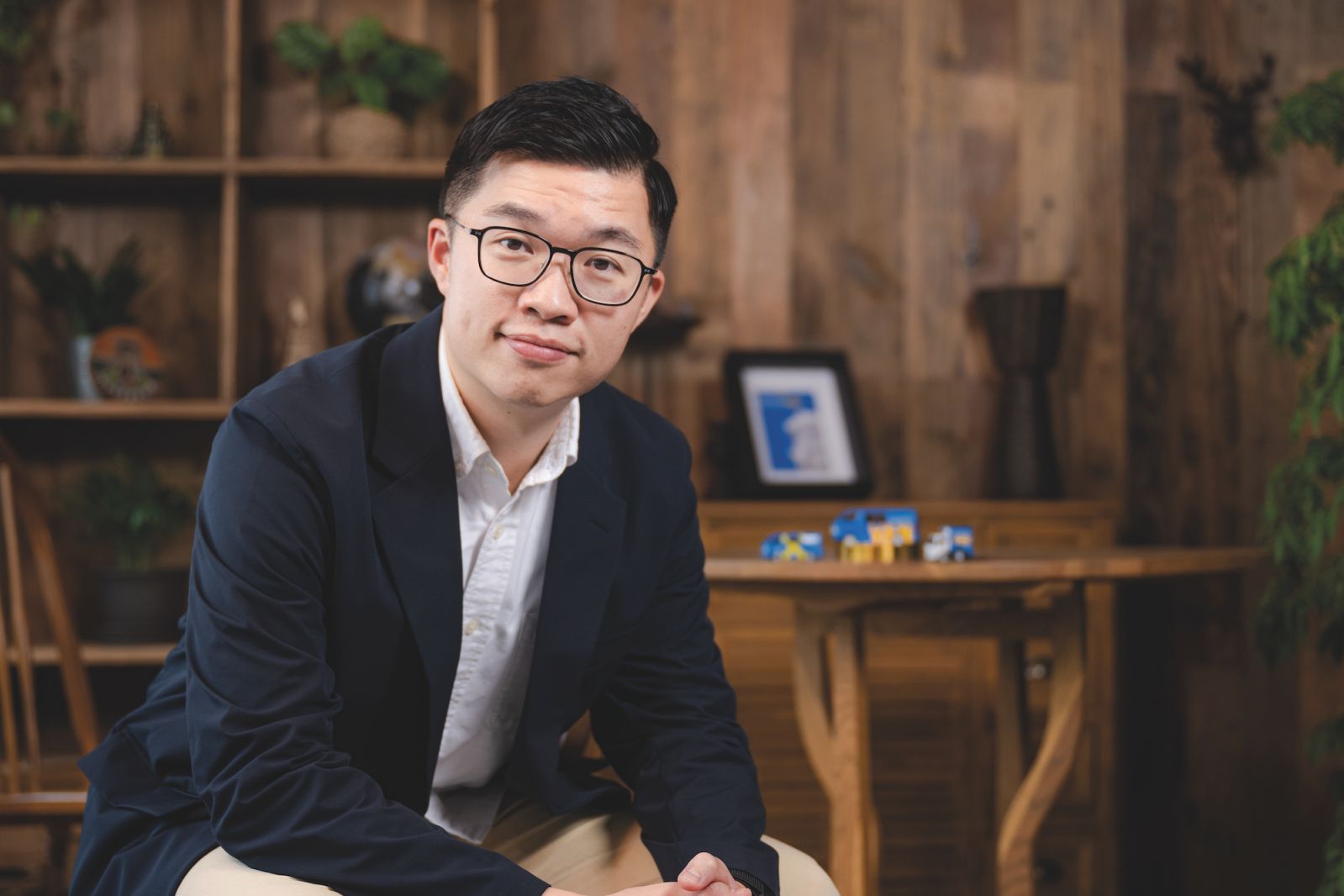Steven Lam is the one of five co-founders behind the innovative logistics and transportation platform GoGoX, formerly known as GoGoVan. He shares how it all began with a mere HK$20,000
Steven Lam’s passion for technology and his determination to revolutionise the logistics industry led him to establish GoGoX, Hong Kong’s first tech unicorn, and one of the most successful on-demand delivery and transportation platforms in Asia. It began with a mere HK$20,000. Lam shares with Tatler just how he did it.
Describe what you do in one sentence.
I run a logistics technology company that connects not only goods but people, drivers and courier partners, on a single platform across Asia.
How does your business make a difference?
We like to move things in the most simple way possible. We call it simplified logistics.
What do you put your success down to?
We’re a team that knows how to leverage the most minimal resources. We started this company with HK$20,000, and over the years [with growing success], we never saw ourselves as the rich kids in town. That’s been the key. No matter what ups and downs we have, or no matter how many millions of dollars we raise, we spend every dollar very carefully. We built this company with nothing, so every day we still eat McDonald’s, don’t take bonuses and live minimally. I don’t know if this is a good thing [laughs].
Don’t miss: How to impact a billion people, according to climate-tech startup Carbonbase’s founder

What inspired you to start GoGoX, and what were your goals when you first started out?
We wanted to solve our own problems. This was the third company I had started with two of the founding members of GoGoX. When we graduated from college in 2010, it was right after the financial crisis and it was very difficult to find a job in Hong Kong. We would buy remote control toys from China and sell them on Ebay and Amazon. Then in 2011 we started BoxAd, a company where people could place ads on takeaway boxes. We were doing okay.
Then after a year, we realised that the only way for that business to grow was through logistics. We tried to find solutions to our logistics problems where we wouldn’t have to be dependent on a call centre to get us a van or a truck to deliver the boxes across Hong Kong. In the early days of GoGoX, there were just a lot of WhatsApp groups with drivers. But back then, the maximum number of people you could add to a WhatsApp group was ten, and only young drivers were using the app.
We had so many groups, and it was very chaotic to manage all the drivers and distribute all the orders. After a while, we decided to build our own on-demand logistics platform to group all the drivers together.
